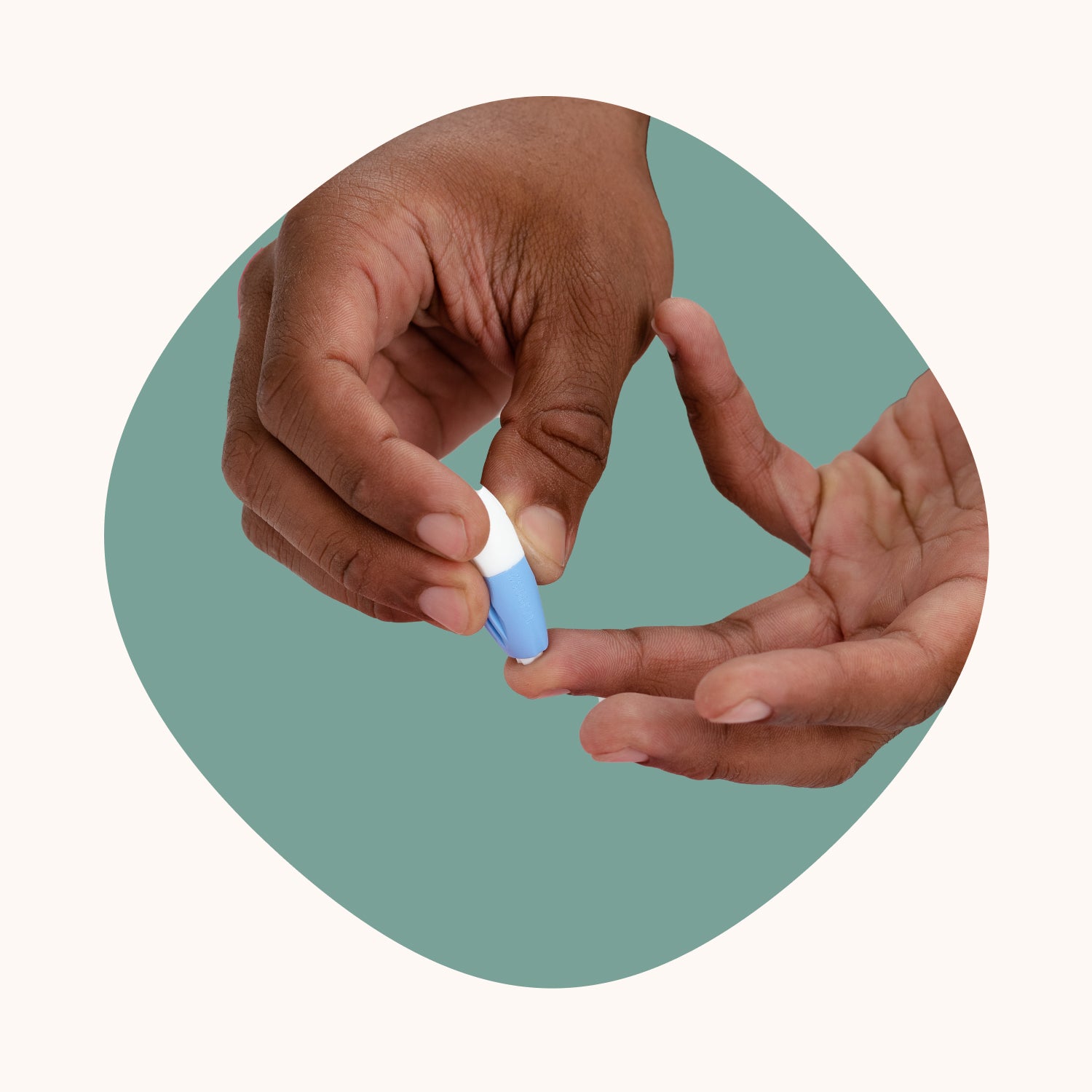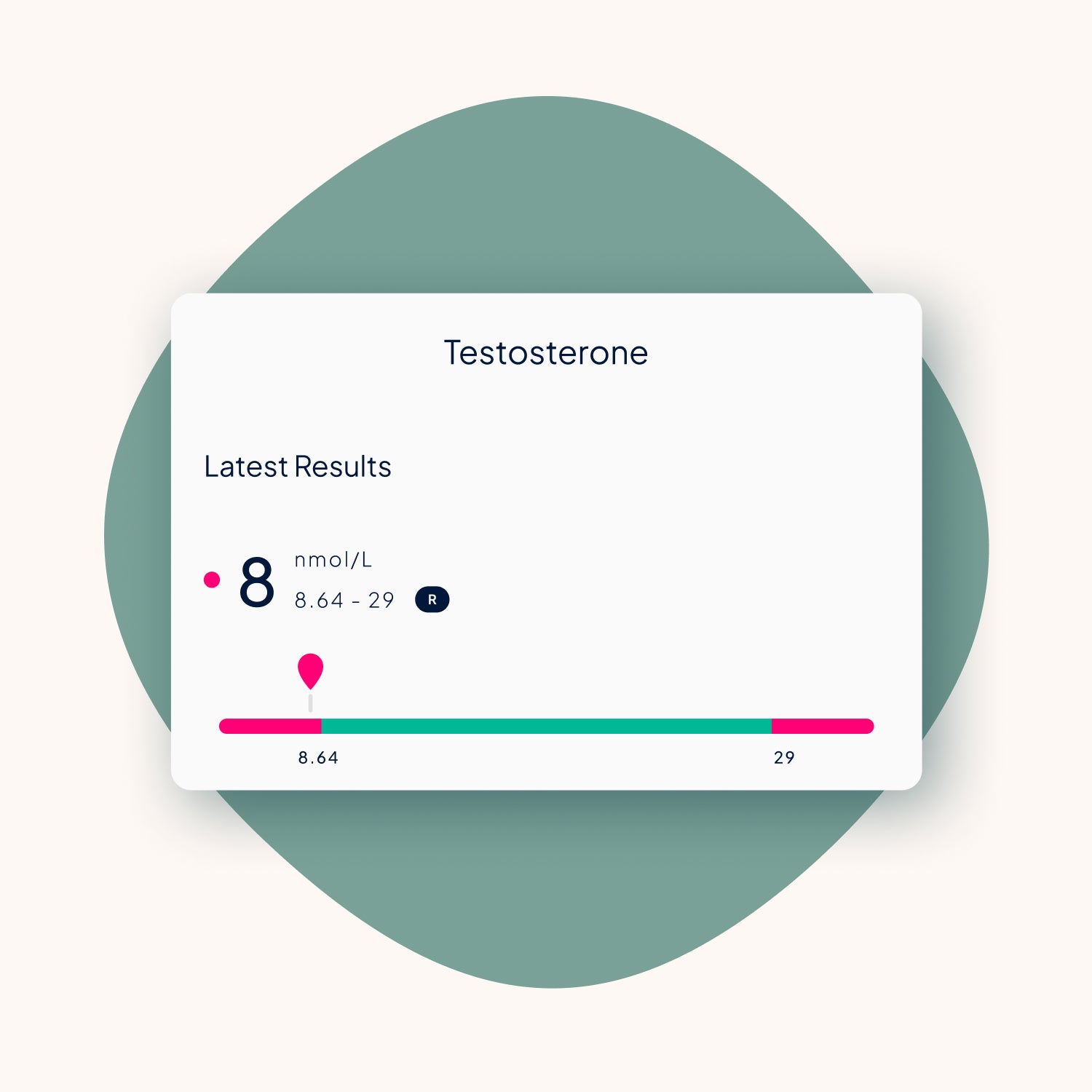An article in JAMA last year stated,
"Testosterone is as effective as the use of antidepressants for men with depression, according to an overview of research. Doctors should consider testosterone as an alternative to medicines that are under increasing scrutiny about overuse and the effects of withdrawal, scientists suggested. Psychiatrists said that the results showed that testosterone was likely to have a role in treating depression but that further studies were needed. It was twice as effective as a placebo, a level comparable to antidepressants, a team from Technische Universität Dresden said in JAMA Psychiatry."
Dr. Savage has seen many patients over the years who have been diagnosed as suffering from depression by their GP and given antidepressants—often several different types—with no benefit. Some patients, after conducting their own research, have asked their GP, "Could this be testosterone deficiency?" Yet, this suggestion is often dismissed, and unfortunately, most GPs refuse to carry out the appropriate blood tests.
As you are probably aware, there is great concern about the mental health of young people, and with the worrying suicide rate in young men, one wonders whether there is a correlation between low testosterone and mental well-being.
A patient once said to me, "If you are diagnosed with depression, and you fail to respond to either antidepressants or talking therapies, you would feel desperate, wouldn’t you?"
At the other end of the age scale, I can always remember seeing a man in his 70s who had been diagnosed with severe depression by his GP. He had not responded to treatment and was eventually referred to a psychiatrist, but this too made no difference. His wife, in particular, was severely distressed about his state. She told me that one of the most distressing symptoms was his drenching night sweats—so severe that neither of them could sleep.
To me, this was a classic symptom of testosterone deficiency, so I ordered the necessary blood tests, and we all waited with bated breath. The results confirmed low testosterone. He started treatment, and the transformation was remarkable. He and his wife told me it had changed both their lives, restoring their quality of life in retirement.
While testosterone deficiency is gaining recognition as a potential factor in male depression, one overlooked area in hormone regulation is gut health, gut dysbiosis in particular.. The gut microbiome, the trillions of bacteria in the digestive system, plays a critical role in hormone balance, via the gut-hormone axis, including testosterone production.
- Gut Bacteria and Hormone Metabolism: The microbiome helps regulate androgen metabolism, meaning imbalances in gut bacteria (dysbiosis) may contribute to lower testosterone levels.
- Irregularities and miscommunication between the gut-hormone axis can be identified via gi map testing.
- Inflammation and Hormone Suppression: Poor gut health can trigger chronic inflammation, which increases cortisol (a stress hormone that suppresses testosterone) and reduces the body's ability to produce testosterone effectively.
- Nutrient Absorption: The gut is responsible for absorbing essential nutrients like zinc, vitamin D, and magnesium, all of which are crucial for testosterone production.
Interestingly, the gut also influences mental health via the gut-brain axis, with up to 95% of serotonin (the "feel-good" neurotransmitter) being produced in the gut. If gut health is compromised, it may contribute to both testosterone decline and depressive symptoms—suggesting that a holistic approach to male mental health should consider hormone balance alongside gut health.



Share:
Testosterone Replacement Therapy and Erectile Dysfunction: The TRAVERSE Study
Is there an increased risk of prostate cancer with taking testosterone replacement therapy?